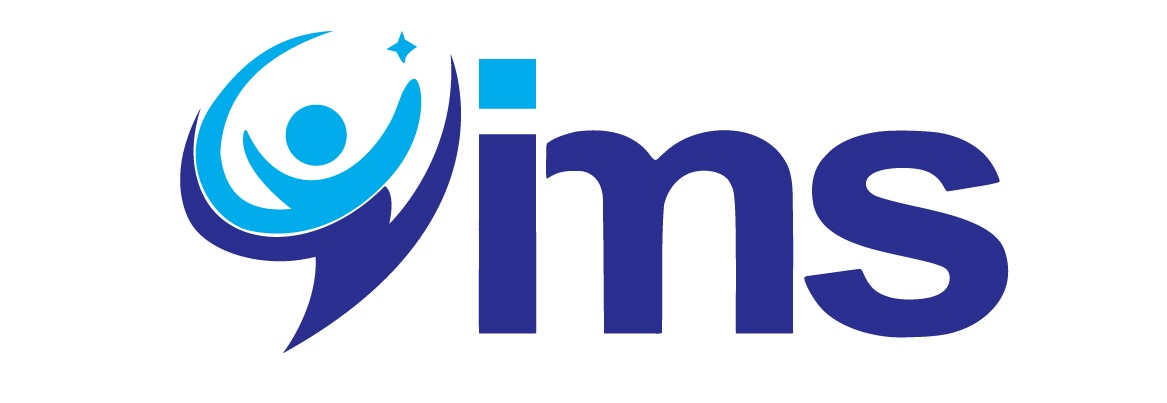


ESIC
A social welfare law known as the Employees State Insurance Act of 1948 was passed with the intention of giving workers certain benefits in the event of illness, pregnancy, or work-related accident. Employees covered by the Act will get financial benefits, health insurance, maternity benefits, pensions for surviving employees' families, and compensation for illnesses and injuries that result in death.
Employee State Insurance Corporation (ESIC):
1. Registration: Under the ESIC Act, employers with ten or more employees (or twenty or more in certain states) must register within fifteen days of being liable.
2-Documents Required for Registration:
- PAN card of the establishment
- Address proof of the establishment
- Incorporation certificate (for companies)
- Bank account details
- List of directors/partners/particulars of proprietor
- Employees’ details (including Aadhaar card, bank account details, etc.)

3-Monthly Contributions: Both employers and workers make contributions to the ESIC fund. At now, the company contributes 3.25% of the employee’s wages, while the employee contributes 0.75% of their wages.
4-Filing of Returns: Employers must file monthly ESIC returns (Form 5) and annual returns (Form 6) to the ESIC.
5-Compliance: ESIC regulations must be followed, precise records must be kept, and payments must be paid on time.
What we do
- Registration work for ESIC code number.
- Obtaining Sub-code for branch offices.
- Providing day to day consultancy on matters pertaining to ESI Act.
- Online Registration of Employees and issue of TIC.
- Online Generation of ESI Challan.
- Online availability of Employee Details, Challans and Correspondence as per your need.
- Online correction of employee details whichever is possible.
- Assistance in preparation maintenance of Inspection Book, Accident Book, ESIC 32.
- Assistance in Filling and submission of Accident Forms
- Assistance in preparation & maintenance of Statutory Records as required under ESI Act / Rules;
- Attend Inspection and giving reply to show cause notices.
- Furnishing of particulars of change in ownership / management of the establishment;
- Assistance to employees in claiming various ESI benefits;
- Correspondence / Liaisoning with local ESI Department / Office
- Timely updation and proper Guidelines, if any changes in Act or Rules
- Attending & Contesting the matter in Quasi-Judicial enquiry on the behalf of management. (EPF: 7 A,7 C, 7 Q , 8 F,14 B) (ESI: C-18 ,45 A ,C-19,45AA ,CP-2 , CP-23 & CP-24)
EPF
Businesses in India must register with the Provident Fund (PF) and Employee State Insurance Corporation (ESIC) and abide by their requirements in order to guarantee employee welfare and legal compliance. The EMPLOYEE’S PROVIDENT FUNDS AND MISCELLANEOUS PROVISIONS ACT, 1952 was primarily passed to provide for the post-retirement and post-death needs of workers and their dependents.
Here is a quick summary of the PF and ESIC registration procedure and essential compliance requirements:
Provident Fund (PF)
1-Registration: Employers with 20 or more employees are required to register for the Employees’ Provident Fund Organisation (EPFO) and obtain a PF registration number.
2-Documents Required for Registration:
- PAN card of the establishment
- Address proof of the establishment
- Incorporation certificate (for companies)
- Bank account details
- List of directors/partners/particulars of proprietor
- Employees’ details (including Aadhaar card, bank account details, etc.)
3-Monthly Contributions: Employers and employees contribute a certain percentage of the employee’s salary towards the PF fund. The current contribution rate is 12% of the employee’s basic salary from both the employer and the employee.
4-Filing of Returns: Employers must file monthly PF returns (Form 12A) and annual returns (Form 6A) to the EPFO.
5-Compliance: Compliance involves maintaining accurate records, timely payment of PF contributions, and adherence to EPF regulations.
What we do
- Online Registration for PF code
- Submitting all necessary documents on timely basis.
- Preparing and submitting challans on timely basis.
- Furnishing of particulars of change in ownership / management of the establishment
- Providing day to day consultancy on matters pertaining to EPF, pension scheme & EDLI scheme
- We shall process and submit P.F. Withdrawal forms and follow up for the same (For left employees).
- We undertake Transfer related Submission also (Online transfer)
- Assistance to employees of establishment in claiming Pension
- Assistance to employees in claiming / obtaining superannuation pension.
- Assistance to employees to submit online transfer forms, track claim status
- UAN & Passbook Generation, Guidance in UAN Activation and Seeding of KYC
- Digital Signature Activation and Registration
- Online availability of Monthly Returns, Challans & Correspondence as per your need.
- Regular visit and correspondence with the PF department.
- Maintain cordial relation with concerned PF Officials
- Replying to Show Cause Notices issued under EPF Act
- Assistance at the time of inspections and enquiries conducted by the Inspector.
- Timely updation and proper Guidelines, if any changes in Act or rules.
- Attending & Contesting the matter in Quasi-Judicial enquiry on the behalf of management. (EPF: 7 A,7 C, 7 Q , 8 F,14 B) (ESI: C-18 ,45 A ,C-19,45AA ,CP-2 , CP-23 & CP-24)
PF and ESIC have online portals for registration, payment, and filing of returns, making the process relatively streamlined. However, it’s essential for businesses to stay updated with any changes in regulations and fulfill their obligations to avoid penalties or legal issues. It’s advisable to consult with a professional or legal advisor for specific guidance tailored to your business’s needs.
